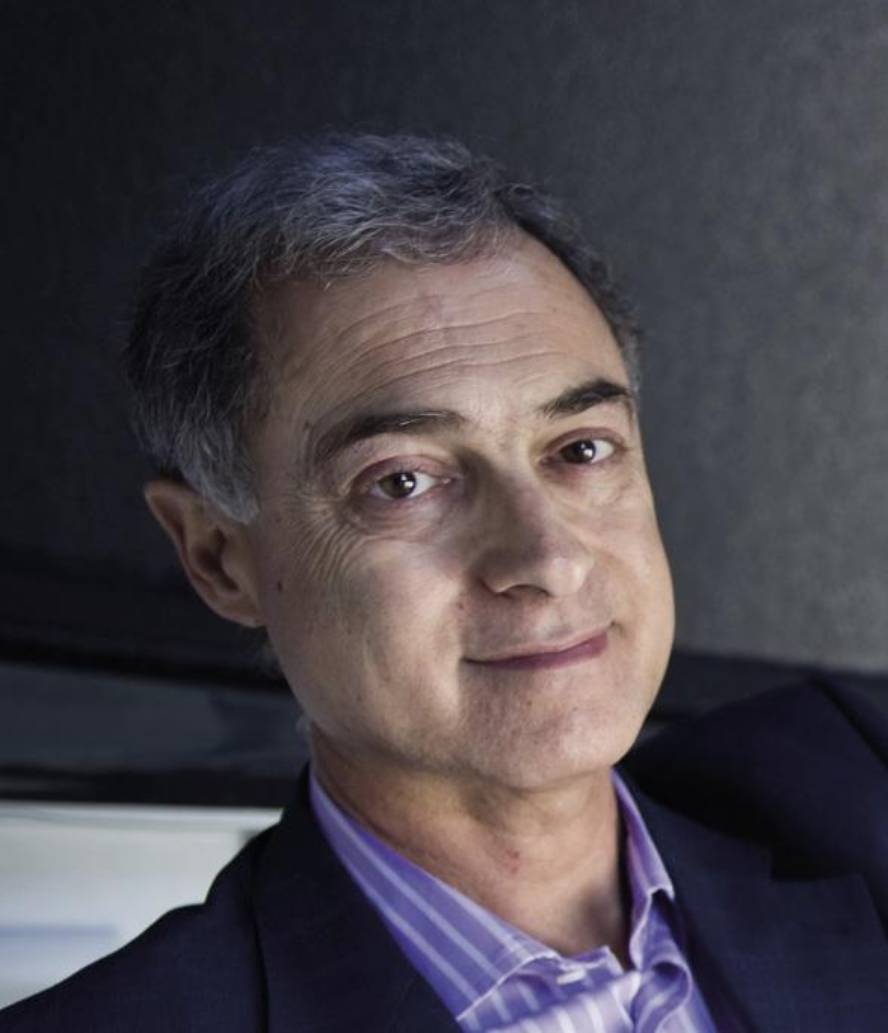“I’d like to find some trace of life on Mars”
What has surprised you most, altered or fascinated you since you started working?
The fact that has influenced my career most was when I was very young. He was 16 years old when the man came to the Moon. But, in fact, those blurred black and white images pushed me to want to know more about the moon and space, and that's why I studied physics.
Later, when I graduated, Voyager 1 and 2 probes sent images of Jupiter and Saturn. They were the years 1980 and 1981, and were the sharpest and closest images ever obtained, both from those distant planets and their moons. I was surprised and decided to do the doctorate just on this topic, at the Canadian observatory. These are, therefore, the starting points of my scientific trajectory.
What would you like to witness the revolution or the discovery in your trajectory?
In my field of work, the planetary sciences and the Solar System, I would like to find some trace of life on Mars. Indeed, we participated in a mission of NASA, Mars 2020, and my desire would be to find a hint of life there, even if it is very basic. And if not in that mission, let it be in the next.
This would mean an authentic revolution not only in the field of planetary sciences, but also in biomedical sciences. In fact, we would see what are the bases of life. It may be the same as ours, then we would wonder whether we have led life, whether it has come from there, or whether it is universal... And if it wasn't the same, new questions would emerge, and I don't know what it would mean. Anyway, on a philosophical and ethical level, it would also have influenced a lot.
Going further, I would like to find life signs also on the exoplanets, through the space telescopes we now have or the increasingly large terrestrial telescopes. Finding life with telescopes is impossible, but at least there are indications of life: oxygen, water... I don't know if it will happen, or when, but I would love it.






